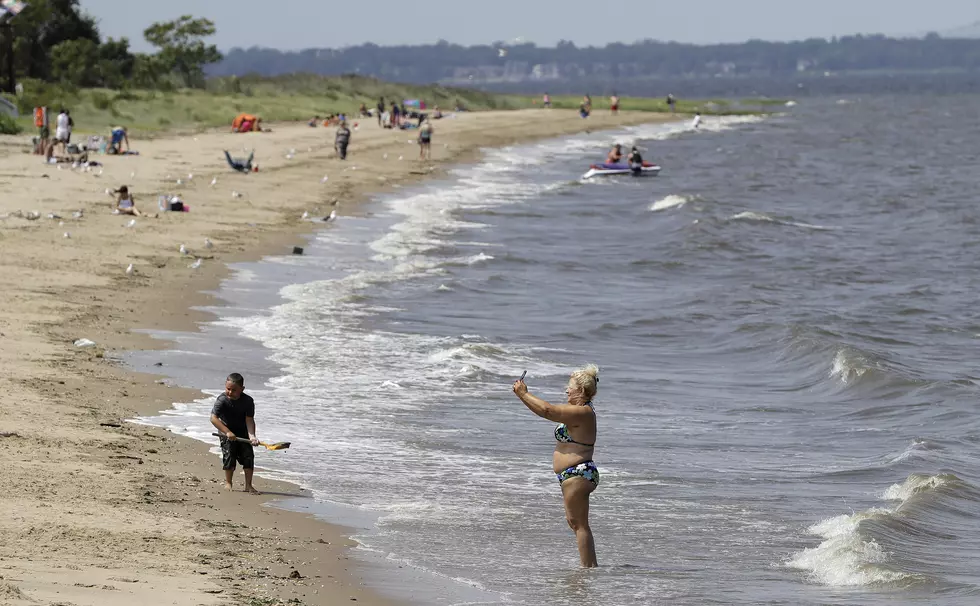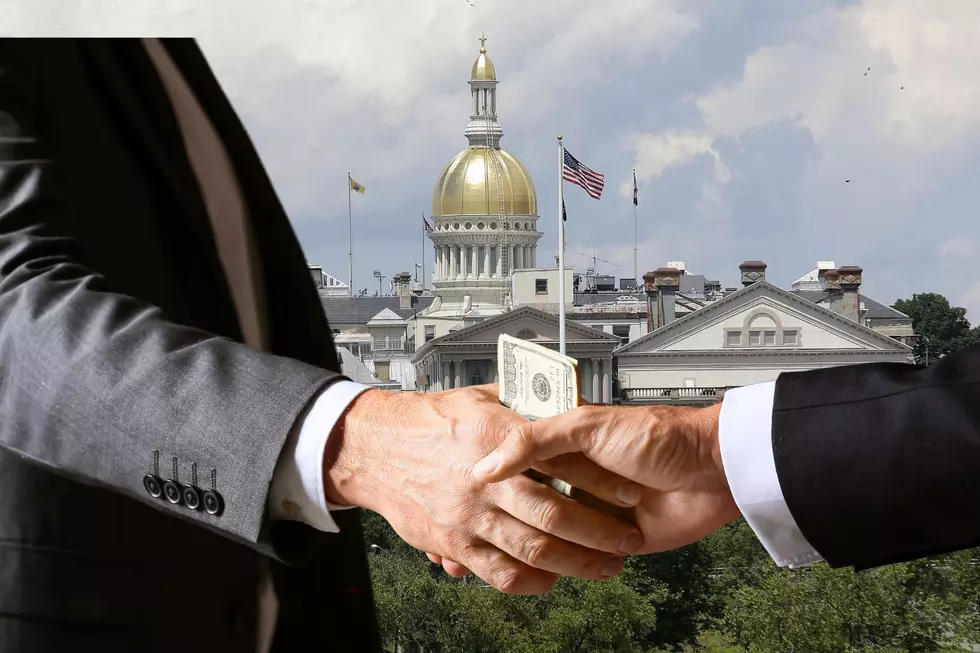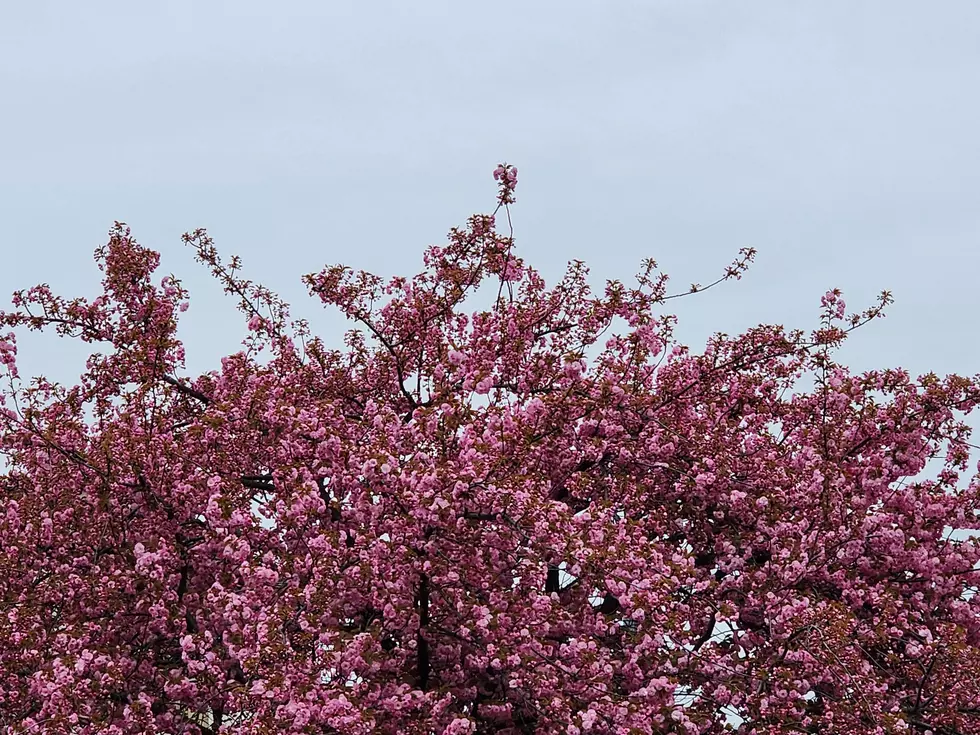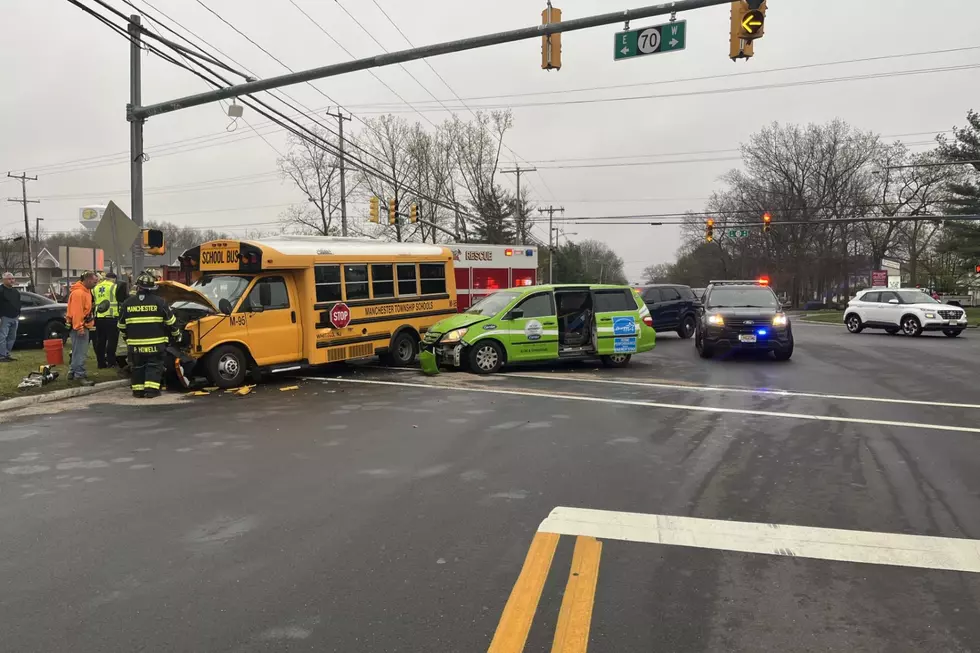
Lawmakers look to double NJ arts, tourism spending to over $100M
TRENTON – State lawmakers gave initial approval Thursday to a plan to boost state spending on arts, cultural, historical and tourism programs by more than $70 million in the coming year, which would be more than $50 million above what Gov. Phil Murphy proposes in his budget plan.
The Senate State Government, Wagering, Tourism and Historic Preservation unanimously endorsed a bill, S2986, that would allocate all revenue from the hotel and motel occupancy fee for arts, historical heritage, and tourism purposes.
Representatives from those industries say it’s needed to rescue that part of the economy from the impacts of the pandemic, which have been particularly crippling due to capacity restrictions.
“It will take a significant financial infusion to help all three industries fully recover from the effects of the pandemic,” said Ann Marie Miller, director of advocacy and public policy for ArtPride New Jersey.
Miller said the arts community alone documented more than $100 million from March through October. She said groups are trying to reconfigure with less staff and slowly planning reopening efforts, first when the weather allows it at outdoor venues and then hopefully opening indoors in the fall.
“Anecdotally, the most common comment I hear from friends and colleagues is their desire to attend a concert or a play again with other people, indoors, but also to travel. And we want travelers to come to New Jersey and experience all of our assets,” Miller said.
“The impact of COVID on arts, history and tourism will be felt for years to come,” she said. “This is not going away quickly.”
In January 2020, Murphy signed a bill into law requiring at least 40% of revenue from the hotel/motel occupancy tax that must go toward arts, history and tourism purposes. That law is being followed in the current budget, Miller said.
Murphy’s proposed budget includes an extra $20.7 million for arts and cultural projects, historical heritage projects and tourism promotion through the Department of State, a 59% increase above the current allocation of around $35 million.
That proposed budget would bring the spending in line with the minimum appropriations for the State Council on the Arts, Historical Commission, Cultural Trust and Division of Travel and Tourism envisioned by the 2020 law, a combined $55.7 million.
Murphy’s budget forecasts the hotel/motel occupancy tax will yield $107 million in the fiscal year starting in July, up from an upwardly revised $83.3 million in the current budget.
Vicki Clark, president of the Cape May County Chamber of Commerce, said 60% of the jobs in Cape May County rely on the arts, tourism and historic destinations and that dedicating all the hotel taxes to those causes will help recoup much of the revenue lost in the past year.
“As we come out of COVID, New Jersey and Cape May County desperately need these tax revenues,” Clark said.
Diane Wieland, director of the Cape May County Department of Tourism, said arts and history organizations aren’t the only ones struggling but have few ways to generate revenue. She said in many counties, hotel/motel tax revenues are below the levels of a decade ago.
“The arts, history and tourism need every penny of what they generate to survive and recover,” Wieland said.
"Those who can survive a 50% loss of business will take three to five years to fully recover,” she said. “The others will be lost.”
Michael Symons is State House bureau chief for New Jersey 101.5. Contact him at michael.symons@townsquaremedia.com.
The 6 best ice cream places in NJ
More From New Jersey 101.5 FM









